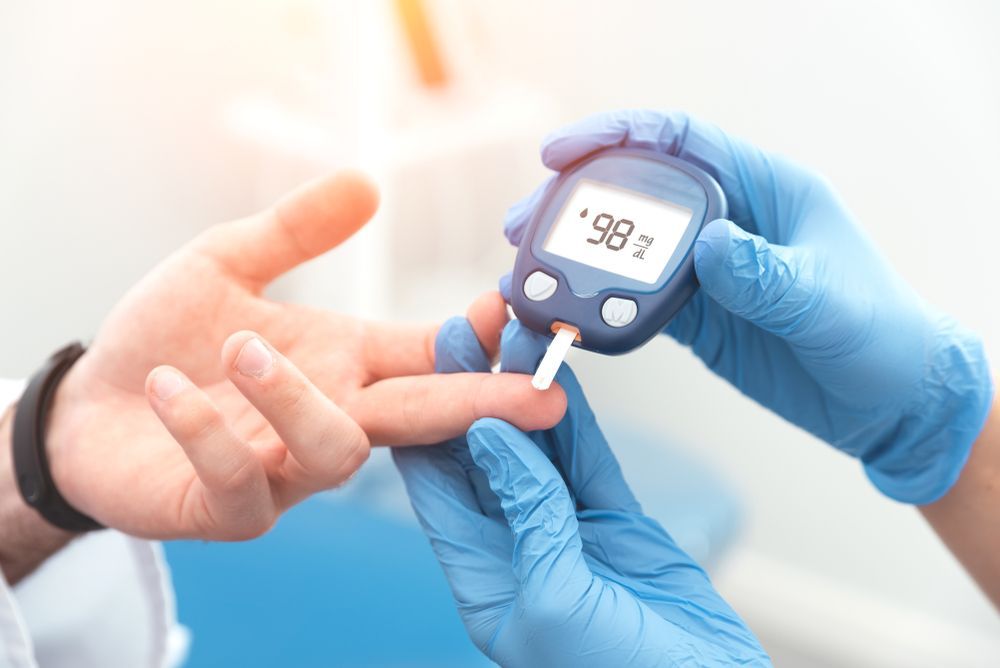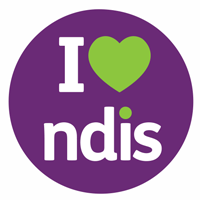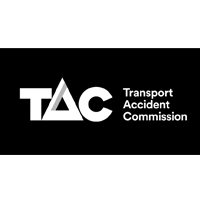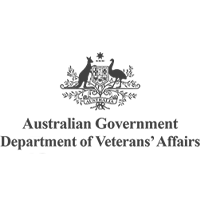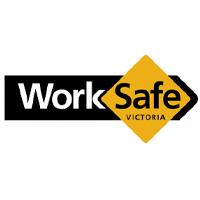Remembrance Day: A Reminder For Veteran Care
Remembrance Day is held on the 11th of November each year. It was originally observed in all allied countries, including Australia and New Zealand, to remember and commemorate those who were lost in World War One.
On the eleventh hour of the eleventh day of the eleventh month, we hold a minute's silence nationwide. As of 1997, this moment is to reflect on those who have served, died, or suffered in all wars, conflicts, and peacekeeping operations.
It’s common for veterans today to live with chronic conditions or injuries that negatively affect their quality of life. PTSD and mental illness, lower back pain, obesity, joint pain, arthritis, and sleeping difficulties are the most common conditions amongst our veterans.
This November, the minute of silence should not only remind us to commemorate those we have lost, but also remind us to recognise the need for effective and accessible veteran care.
Department of Veteran Affairs
The Department of Veteran Affairs (DVA) is a governmental department in Australia responsible for organising and delivering free and accessible programs to assist members of the defence force communities, including veterans and their families.
Offering programs, support and information across key areas of health and treatment, financial support, getting back to civilian life, and recognition for service, the DVA play a major role in effective and accessible veteran care.
As part of their healthcare and financial support, they issue veteran healthcare cards which give veterans free or discounted access to benefits. These can include health care and physiological support, transport, medicine, and utility bills. Some businesses also offer their own discounts to cardholders.
DVA Referrals
The DVA-issued Gold and White Cards offer free or reimbursed clinically required healthcare for all or some conditions, respectively. With a D904 referral from the doctor, veterans can seek out an exercise physiologist to assist them with managing and alleviating the symptoms of chronic conditions and injuries, as well as supporting them in ongoing rehabilitation.
The referral form can be found on the DVA website. It should be completed by a GP and sent to the DVA.
DVA Allied Health
The Allied Health treatment cycle is designed to keep a veteran in control of their healthcare and connected with their health providers.
The first step of the treatment cycle is to first visit the GP to review and coordinate the care that is needed. The GP will then refer the patient to an appropriate allied health provider who will offer up to 12 sessions or one year of treatments per cycle. After these sessions are completed, the allied health provider will report back to the GP. The patient would then need to meet with the GP to discuss the previous cycle and where to go from there.
You can have as many cycles as your GP and you deem necessary.
For all of your veteran care queries and needs this Remembrance Day, get in touch with EPA Health. We’re a registered provider for all DVA patients, founded by a veteran from Afghanistan who has built this business with her fellow veterans in mind.




